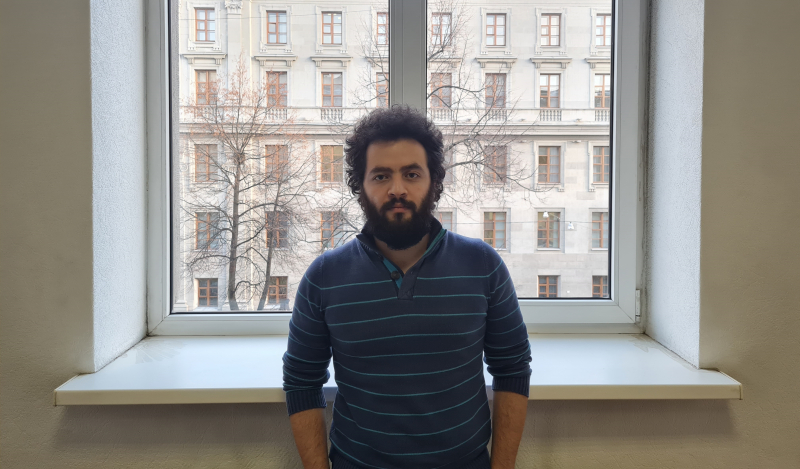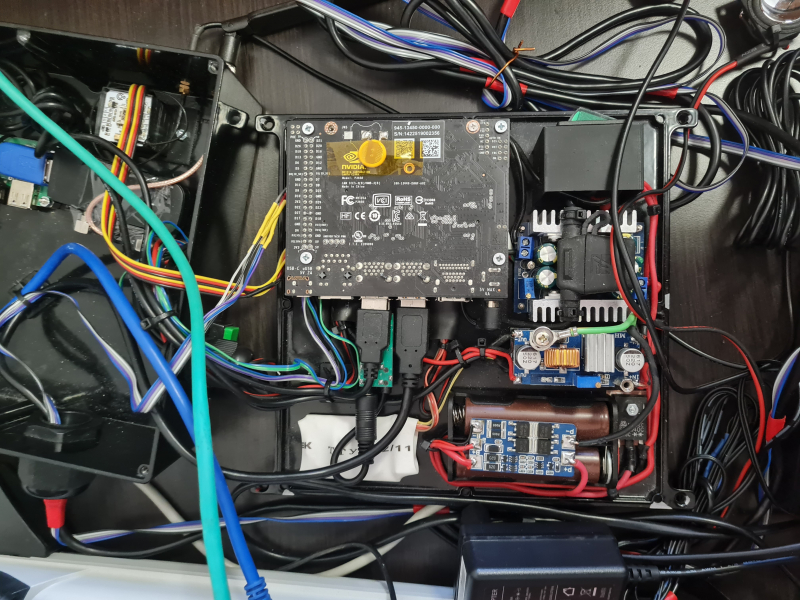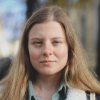Science Communication
Ammar Ali on Life at the Computer Tech Lab
Ammar Ali came from Syria to participate in a Master’s program in Business Information Systems. I caught up with him to hear all about a day in the life of a second-year Master’s student at the Information Technologies and Programming Faculty and a computer vision engineer at the the International Laboratory "Computer Technologies"

ITMO offers students an opportunity to implement projects that are important for society at the university's Technopark. Ammar is using this opportunity to work on his project in the field of information technology.
Ammar graduated from the Faculty of Mechatronics and Robotics at Tishreen University, Syria. In 2019, Russia announced 500 scholarships for Syrian students to pursue their Master’s and PhD degrees in Russia. After completing his Bachelor’s degree, Ammar chose Russia to study and won this governmental scholarship.
Ammar's favorite subject in his Master's degree is Computer Vision. Now, his work is directly related to machine learning and AI. He develops systems that will provide recommendations for drivers. These systems will be able to calculate the angle of the head rotation, and according to that, they will determine if the driver is concentrating on the road or not.
"This is a model neural network that will determine what the driver is doing, for example, if he is using a mobile phone. I wanted to work on image processing and machine learning, which is why in my first year, I came to Alexey Kashevnik, Associate Professor at the Information Technologies and Programming Faculty. He suggested that I make a model for evaluating variables. That was how I started working on this project".

The project is important because road accidents are one of the leading causes of death. According to WHO road traffic crashes result in the deaths of approximately 1.35 million people around the world each year. It is vital to keep the driver focused on the road and thus potentially reduce this threat. Ammar and the team from the faculty are trying to add more functionality such as age limitation, for example, because there are many underage people who drive without a license. Machine learning is developing very rapidly with new architectures and new methods appearing almost every day. Ammar hopes that in a few years scientists will reach a high accuracy of the algorithm and thus contribute to safety on the road.
The character of Ammar's work at the lab means he can do it from anywhere, as he only needs his computer. Working in the laboratory allows Ammar to work anywhere, because he only needs a computer to work. Therefore, he is free to attend classes and gain practical knowledge while working at the laboratory.
"My work revolves around various data that I first need to prepare for processing. After that, I train the program using the prepared data (images) on my laptop to teach it to identify dangerous states. For example, I can teach the model to see that the driver doesn't have a seat belt on. I want to make sure that when our device is installed in the car, it will inform the driver if there is something wrong."

I also asked Ammar about the differences in education between Syria and Russia that he had noticed.
It turned out that in Syria, students focus more on theoretical knowledge. So one good reason to study in Russia is that you can work and study at the same time. If you're a programmer, and you want to improve your practical skills, you can start as a junior software engineer at an IT company, it will help you gain experience. In Syria, programming, AI, robotics and mechatronics are only starting to develop. But at the same time Ammar emphasizes that theoretical studies in Syria are really strong.
Before the interview, I learned that there are open access programs and I was curious to know a researcher’s opinion on the matter. Ammar praised such programs. He believes that they can help others build something new. He admits that there could be some issues with the license, but companies usually take care of their intellectual property, so they make sure that parts of the code important for practice remain concealed. Projects conducted for research purposes, however, can be released openly.
Ammar ended the interview saying that he would like to continue developing driver assistants. He has applied to do a PhD at ITMO.
